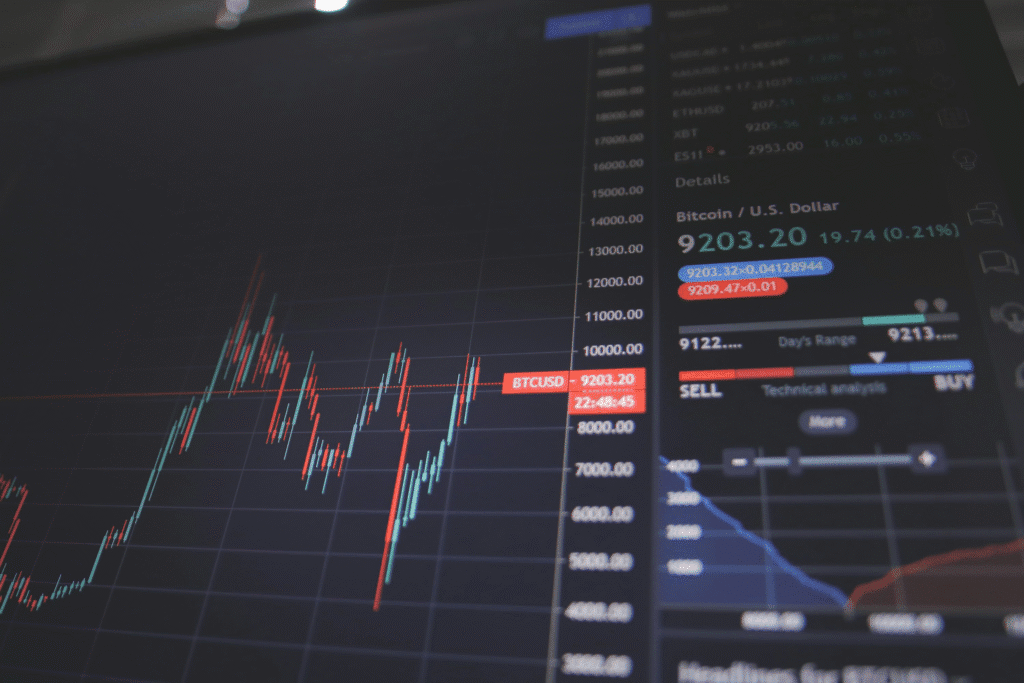The U.S. stock market had a quiet day on Wednesday, with some indexes rising slightly while others dipped. Investors were keeping an eye on two main things: the ongoing calm between Israel and Iran after recent tensions and comments from Federal Reserve Chair Jerome Powell about interest rates. After two days of gains, the market took a small break, waiting for clearer signs about the economy.
The Nasdaq, which includes many big tech companies, went up a bit, while the S&P 500 stayed almost the same. The S&P 500 is still very close to its all-time high from earlier this year. Meanwhile, the Dow Jones Industrial Average, which tracks 30 major companies, ended the day slightly lower. One market expert, Ryan Detrick from Carson Group, said, “It almost feels like back to your regularly scheduled bull market. We’ve dealt with the tariffs, we’ve dealt with the Middle East drama, but stocks continue to defy the odds by moving higher with the realization that the U.S. economy remains quite resilient.” He added that the market seemed slow, almost like “watching paint dry,” as everyone waited for the S&P 500 to reach new highs.
One of the biggest stories in the market was Nvidia, a major tech company that makes computer chips. Its stock price hit a record high, making it the most valuable company in the world with a worth of $3.75 trillion. Detrick pointed out that when different sectors take turns leading the market, it’s a good sign. “The lifeblood of a bull market is rotation,” he said. “And to see technology and communication services taking back the baton is really a good sign that this surprise summer rally likely has legs.”

Meanwhile, the situation in the Middle East remained tense but stable. The temporary peace between Israel and Iran held, though there were still questions about how much damage recent U.S. strikes had caused to Iran’s nuclear program. U.S. President Donald Trump claimed victory, but experts were still assessing the full impact.
At the same time, Federal Reserve Chair Jerome Powell spoke to Congress for the second day in a row. He repeated that the Fed is in no hurry to cut interest rates, especially since new tariffs (taxes on imports) could push prices higher. Powell wants to wait and see how these tariffs affect inflation before making any decisions. His words are important because interest rates influence how much it costs businesses and people to borrow money, which affects the whole economy.
Some companies had rough days in the stock market. Tesla’s stock fell because its sales in Europe dropped again. FedEx and General Mills, two other big companies, also saw their shares go down after they gave disappointing forecasts about their future profits. Later in the day, investors were waiting for results from Micron, a company that makes memory chips, to see how it performed.
Overall, the market was in a waiting phase. Investors were looking for more clues about where the economy is heading—whether inflation will slow down enough for the Fed to cut rates, whether the Middle East will stay calm, and whether big companies can keep growing. For now, the market seems to be holding steady, with tech stocks leading the way while other sectors take a small step back.
The stock market is always changing, reacting to news from around the world. One day, tensions in the Middle East might make investors nervous, while the next day, strong company earnings could boost confidence. Right now, the focus is on whether the economy can stay strong without inflation getting out of control. If companies keep making profits and the Fed manages interest rates carefully, the market could keep rising. But if unexpected problems arise—like new conflicts or higher prices—things could shift quickly.
For everyday people, the stock market’s ups and downs might seem confusing, but they matter because they affect retirement savings, job growth, and the overall health of the economy. When big companies do well, they often hire more workers and invest in new projects. When they struggle, it can lead to job cuts and slower growth. That’s why so many people pay attention to what’s happening on Wall Street, even if they don’t own stocks themselves.








